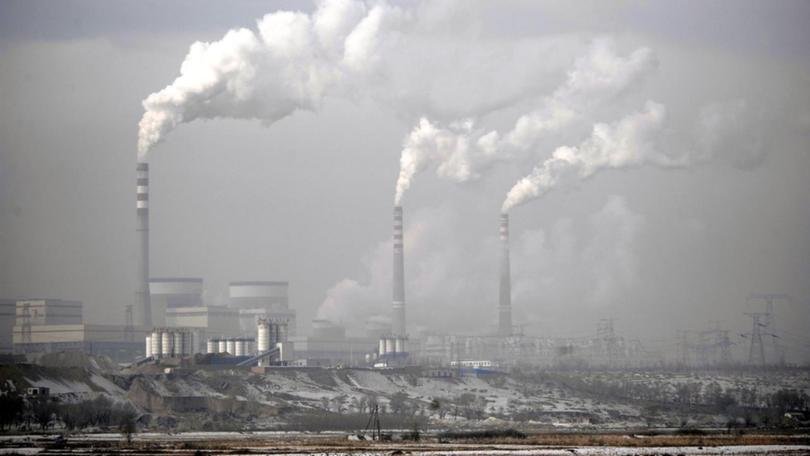The European Union launched the world’s first carbon border tariff on Sunday, marking a historic step in its efforts to combat climate change and protect its green transition.

The European Union launched the world’s first carbon border tariff on Sunday, marking a historic step in its efforts to combat climate change and protect its green transition.
The tariff will impose a fee on imported goods from countries with less stringent carbon pricing policies, such as steel, cement, aluminum, fertilizers, and electricity. This move aims to safeguard its green transition by curbing the influx of environmentally detrimental foreign goods.
The proposed carbon border tariff has stirred concerns among trade partners, and China’s top climate envoy, Xie Zhenhua, urged nations last month to refrain from unilateral measures akin to the EU levy.
Although the collection of CO2 emission charges at the border will not commence until 2026, Sunday marks the commencement of an initial phase of the Carbon Border Adjustment Mechanism (CBAM). EU importers will now be obligated to disclose the greenhouse gas emissions tied to the production of imported quantities of iron and steel, aluminium, cement, electricity, fertilisers, and hydrogen.
Starting in 2026, importers will be required to procure certificates covering these CO2 emissions, leveling the playing field between foreign producers and EU industries. The latter currently need to acquire permits from the EU carbon market when they engage in polluting activities.
Paolo Gentiloni, European Economy Commissioner, emphasized that the primary objective is to stimulate a global shift towards eco-friendlier production methods.
Additionally, the measure is designed to dissuade European manufacturers from relocating to countries with laxer environmental standards, thereby preventing them from losing ground to foreign rivals. This initiative aligns with the EU’s commitment to reducing net emissions by 55% from 1990 levels by 2030.
Companies in the European Union, Britain, and Ukraine have indicated to Reuters that they anticipate minimal initial impact during the trial phase.
The European Commission has clarified that the border levy complies with World Trade Organization regulations, treating foreign and domestic firms equitably. It also allows for deductions from border fees for any carbon fees already paid abroad.
Commissioner Gentiloni emphasized, “CBAM is not about trade protection. It is about protecting the EU’s climate ambition – and seeking to raise the level of climate ambition worldwide.”
Eurofer, the European steel industry association advocating for the border tariff, expressed that the initial phase will assess CBAM’s effectiveness in preventing industrial production from shifting overseas to countries with less ambitious climate policies.
Among Europe’s significant trading partners, China’s foreign ministry, Turkey’s trade ministry, and a U.S. official declined to comment on the launch.